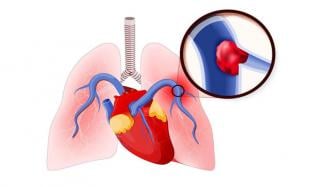
A small clinical trial has found that a weight-loss drug could play an effective role in slowing down the cognitive decline of Alzheimer’s patients.
According to The Guardian, the trial results that were presented at the Alzheimer’s Association International Conference suggested the drug, Saxenda, could slow the decline in memory and thinking in people with Alzheimer’s disease.
The chief science officer of the Alzheimer’s Association, Dr. Maria Carrillo, said, “This research provides hope that more options for changing the course of the disease are on the horizon. We are in an era of unprecedented promise, with new treatments in various stages of development that slow or may possibly prevent cognitive decline due to Alzheimer’s disease.”
The trial was done on 204 people with Alzheimer’s disease in the United Kingdom, and it was found that the patients who were using the diabetes drug liraglutide, an earlier medication in Ozempic’s class known as GLP-1 receptor agonists, had 18% slower cognitive decline in a year as compared to those taking placebo.
However, the lead author of the study, Paul Edison, suggested, “While further research is needed, liraglutide may work through various mechanisms, such as reducing inflammation in the brain, lowering insulin resistance and the toxic effects of Alzheimer’s biomarkers amyloid-beta and tau, and improving how the brain’s nerve cells communicate.”















